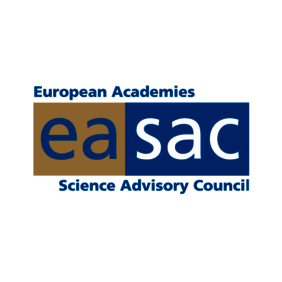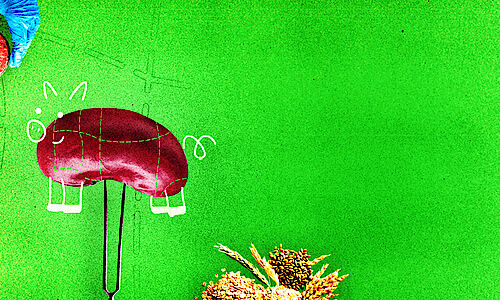News & Academies' activities
Understanding and responding to global health risks from microbial threats in the Arctic
The National Academies of Sciences, Engineering, and Medicine (NASEM) together with the European Academies Science Advisory Council (EASAC) and the InterAcademy Partnership (IAP) is convening a workshop that will bring together an interdisciplinary, international group of researchers and public health officials to explore what is known and what critical knowledge gaps remain regarding existing and possible future risks of harmful infectious agents emerging from thawing permafrost and ice in the Arctic region.
The workshop is to be held in Herrenhausen, Germany in November, with support from the Volkswagen Foundation, and will explore:
i. case studies of known, observed risks, such as the Arctic-region anthrax outbreaks;
ii. other types of human and animal microbial health risks that have been discovered in snow/ice/permafrost environments or that could conceivably exist [e.g., smallpox, influenza];
iii. key research needs, including critical tools for improving observations, and surveillance to advance our understanding of these risks and aid in facilitating and implementing effective early warning systems (considering lessons learned from efforts to address emerging/re-emerging microbial threats elsewhere in the world);
iv. collaboration opportunities, especially to facilitate interagency and international cooperation on such efforts-- building, wherever possible, upon existing programs and platforms for cooperation.
Although not anticipated to be a central focus of the workshop, the workshop discussions may encompass some broader questions about climate and infectious disease dynamics (for instance, regarding potential influences of changing bird and animal migration patterns at high latitudes), in order to help place these emerging risks in a larger “One Health” systems perspective. The workshop may also consider whether research on particular pathogens (for instance involving recovered samples of viruses such as smallpox) raises new biosafety/biosecurity concerns that may need to be addressed.
Written proceedings of the presentations and discussions at the workshop will be prepared by a designated rapporteur in accordance with institutional guidelines. Although this workshop is now full, we will circulate our written outputs to all interested, to stimulate further discussion and to consider next steps. Please let us know if you would like to receive the proceedings.
Contact: secretariat@easac.eu
back to overview
































